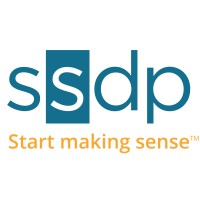Green Budget Coalition
240 Bank St, Ottawa, Ontario, K2P 1X4, CA
Last Update: 2025-11-27
The Green Budget Coalition (GBC), active since 1999, brings together more than twenty of Canada's leading environmental organizations, collectively with over one million members and supporters, to present an analysis of the most pressing issues regarding environmental sustainability in Canada and to make a consolidated annual set of recommendations to the federal government regarding strategic fiscal and budgetary opportunities. The GBC operates on an annual cycle in parallel with the federal budget cycle, engaging regularly with government officials and meeting annually with ministers, deputy ministers, and other political advisors and government officials, including at the Department of Finance. Two senior Department of Finance officials - past and present - called the Green Budget Coalition the "best collaboration for Budget priorities of any sector" and the "most effective advocacy group in Canada", respectively. The Green Budget Coalition’s members are: ALUS Canada, Canadian Environmental Law Association, Canadian Parks and Wilderness Society, Canadian Wildlife Federation, David Suzuki Foundation, Ducks Unlimited Canada, Ecojustice Canada, Ecology Action Centre, Équiterre, Friends of the Earth Canada, Greenpeace Canada, International Conservation Fund of Canada, International Institute for Sustainable Development, MiningWatch Canada, Nature Canada, Nature Conservancy of Canada, Nature United, Pembina Institute, Seed Change Canada, Sierra Club Canada Foundation, West Coast Environmental Law Association, Wildlife Habitat Canada, and WWF-Canada.
NAICS: 921
NAICS Definition:
Employees: 2
Subsidiaries: 0







